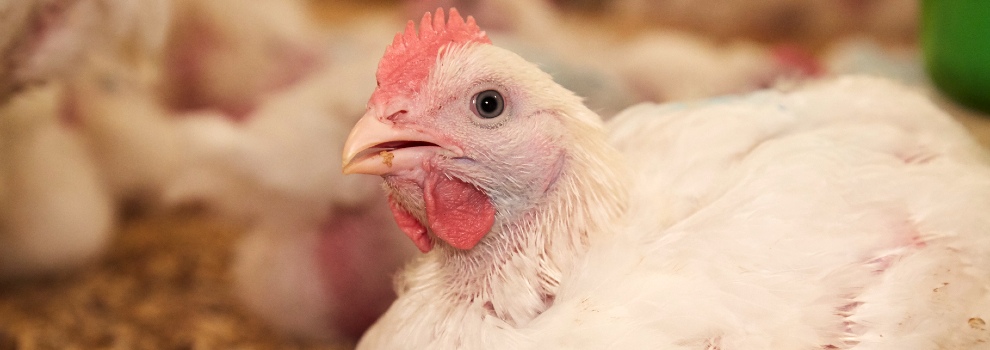Enhancing Agricultural Resilience: Farm Biosecurity Measures in Malaysia

In the heart of Southeast Asia, Malaysia boasts a vibrant agricultural sector that plays a pivotal role in sustaining the nation’s economy and feeding its population. With agriculture being a significant contributor to Malaysia’s GDP, the need for safeguarding this crucial sector from threats like diseases, pests, and other biohazards cannot be overstated. This is where farm biosecurity steps in as a proactive approach to protect agricultural interests, maintain food security, and ensure sustainable farming practices. In this article, we delve into the world of farm biosecurity in Malaysia, examining its importance, key components, and the role it plays in securing the nation’s agricultural future.
Farm biosecurity is a comprehensive set of practices and measures designed to prevent, control, and manage the introduction and spread of pests, diseases, and other biological threats on farms. In Malaysia, where agriculture thrives on diverse crops like palm oil, rubber, rice, and tropical fruits, safeguarding against diseases and pests is paramount. The first line of defense involves regulating the movement of people, vehicles, equipment, and animals in and out of farms. Strict quarantine and hygiene measures are enforced to minimize the risk of disease transmission, ensuring the integrity of agricultural ecosystems.
Malaysia’s geographical location and climate make it susceptible to a wide range of agricultural diseases and pests. One of the most notorious examples is the battle against the invasive and destructive Red Palm Weevil (RPW), which attacks oil palm trees, a vital crop for Malaysia’s economy. To combat this threat and others, the Malaysian government, in collaboration with the agricultural community, has implemented stringent biosecurity protocols. These include surveillance and early detection systems, quarantine facilities, and research to develop disease-resistant crop varieties.

Effective feed acidifier malaysia doesn’t just happen by chance; it requires knowledge and commitment from everyone involved in the agricultural sector. Malaysia has recognized the importance of educating farmers, agricultural workers, and relevant authorities about biosecurity measures. Training programs and workshops are conducted to raise awareness and equip individuals with the necessary skills to identify potential threats, report incidents, and implement biosecurity practices effectively.
In the modern age, technology has become an invaluable ally in the fight against agricultural threats. Malaysia is leveraging technological innovations to enhance its biosecurity efforts. For instance, remote sensing and satellite imaging are used to monitor crop health and identify anomalies that may signal the presence of diseases or pests. Additionally, drones equipped with sensors and cameras are deployed for aerial surveillance of large agricultural areas, enabling rapid response to any emerging issues.
Biosecurity knows no borders, and collaboration with neighboring countries and international organizations is essential to safeguarding agriculture. Malaysia actively participates in regional and global initiatives to strengthen its biosecurity measures. Sharing knowledge, experiences, and best practices with other nations is crucial for early detection, rapid response, and preventing the spread of diseases and pests that could devastate crops and livelihoods.




